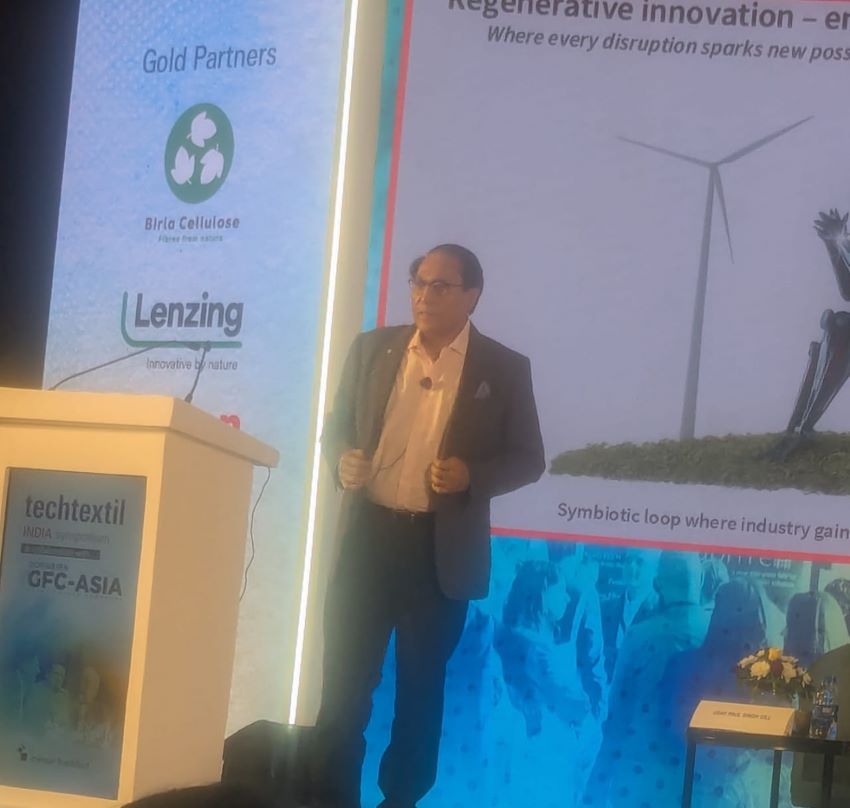The International Labour Organization estimates that around 168 million children all over the world are involved in some form of forced child labour. These issues are especially rampant in textile manufacturing and the cotton production industry that supplies it. This defines as "work for which the child is either too young it is altogether considered unacceptable for children and is prohibited". These issues are especially rampant in textile manufacturing and the cotton production industry that supplies it.
The children are willing to work for very low pay and in dangerous conditions, according to the organisation Stop Child Labour. Failure to address the challenge of child labour can seriously impact on their corporate reputation. According to Helena Helmersson, H&M's Head of Sustainability, these supply chain networks are so complex that "it is impossible to be in full control". With 11 per cent of the world's children still sacrificing school in order to work; this is no time for business to be self-satisfied.
Talking about the corporate responsibility and reputation research indicates that, by going above and beyond the basic requirements for fulfilling their corporate social responsibilities, proactive firms can engender goodwill that acts as an insurance against potential damage to their reputation. Careful reputation management implies that firms setting high standards must continue to live up to them.
By illustrating the reputational benefits of sustainable supply chain practices, they can sign up GoodWeave, which awards companies the right to carry the GoodWeave label if they can show that no child labour was used in the production of their goods.












